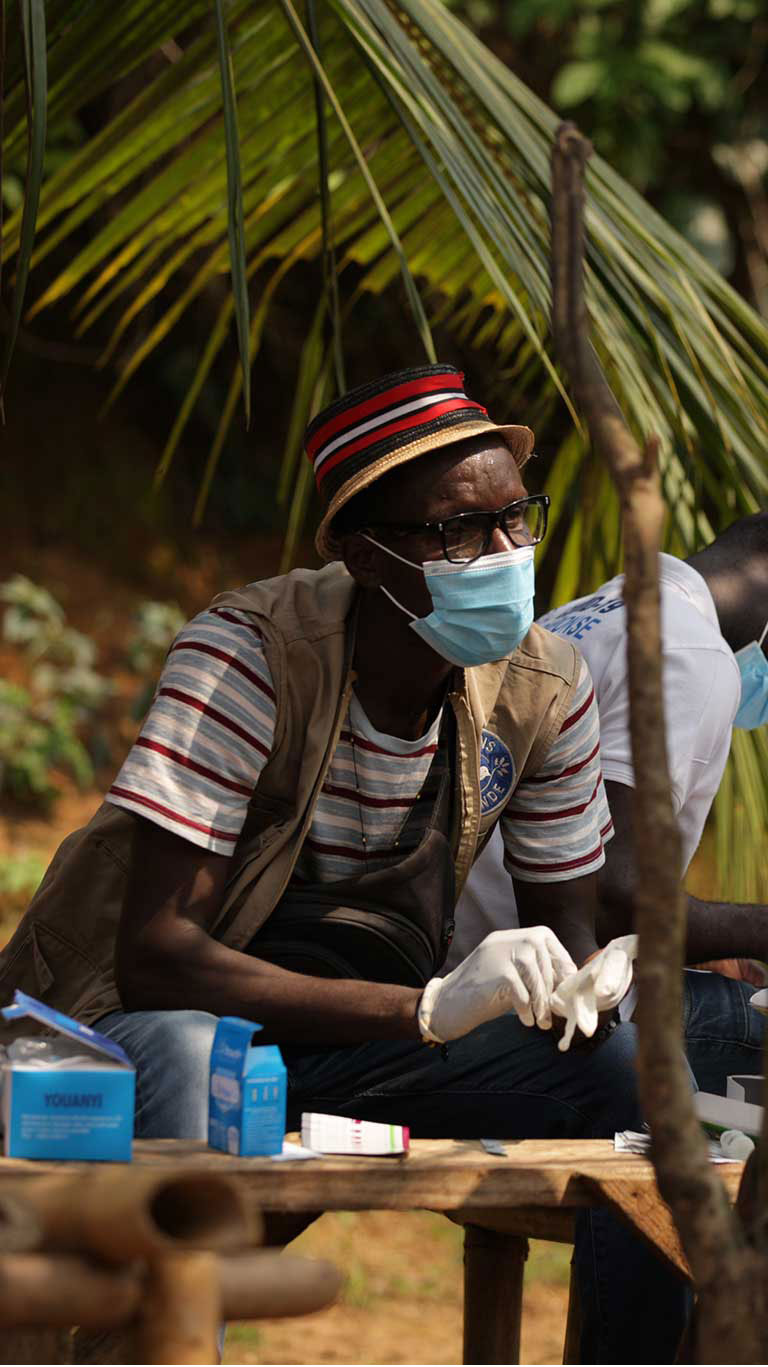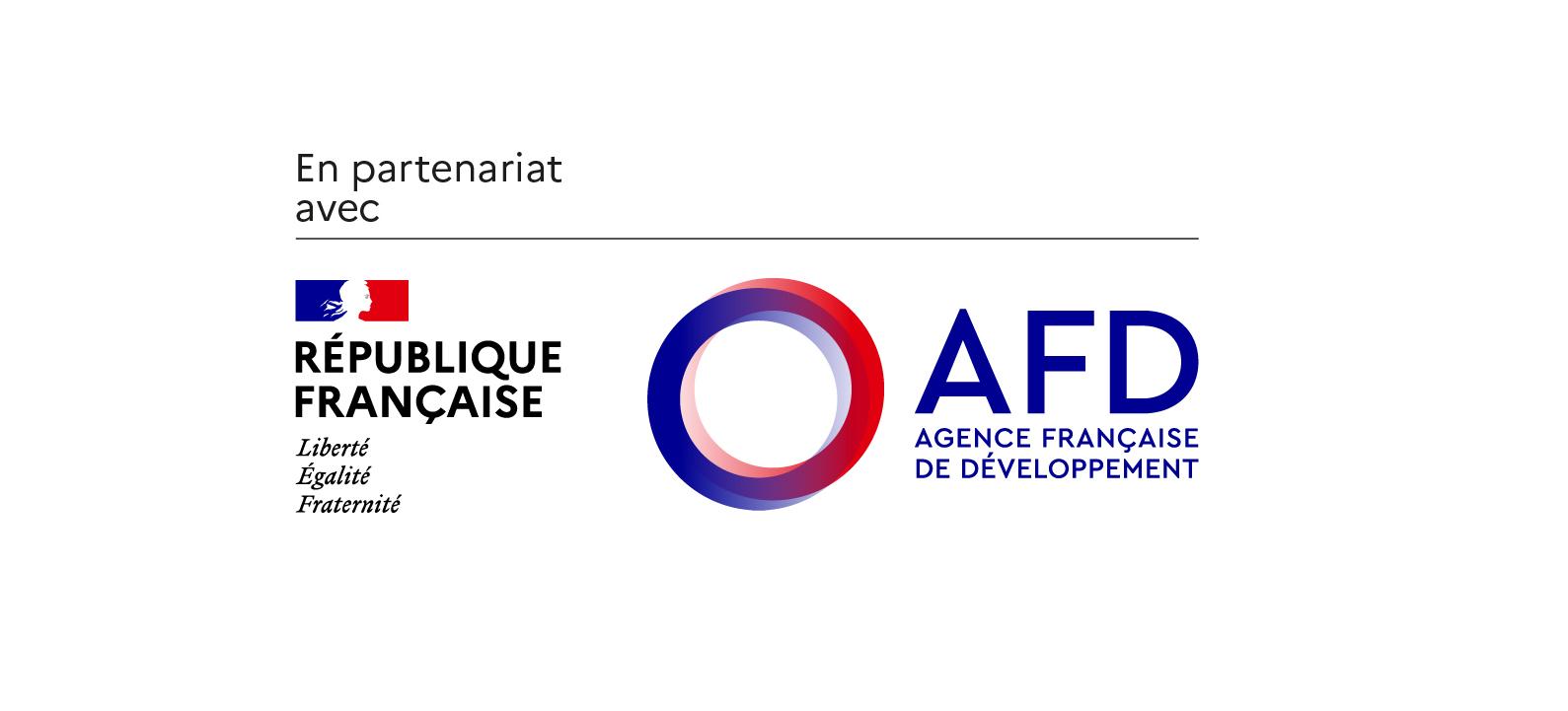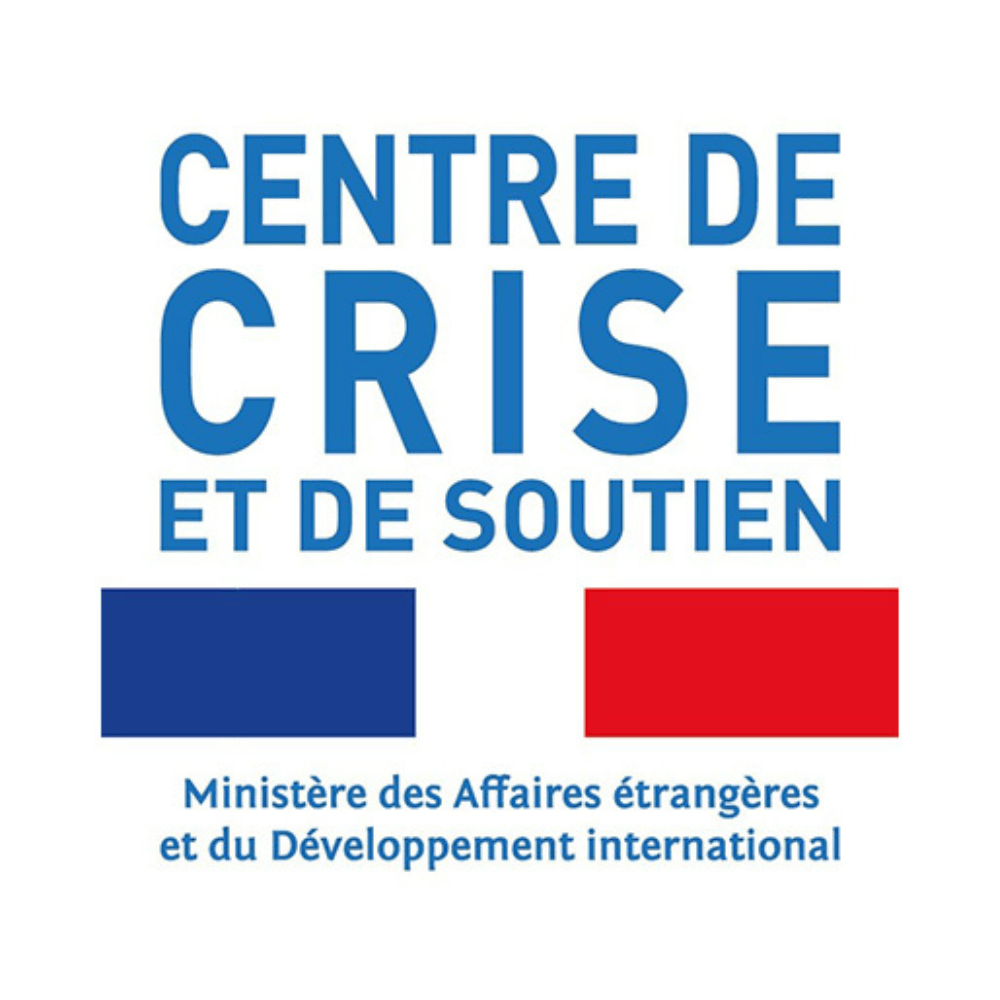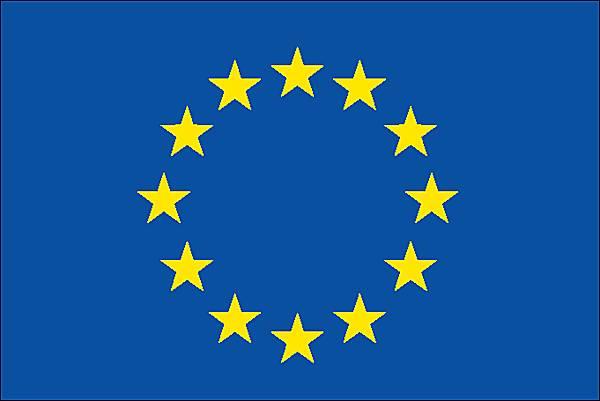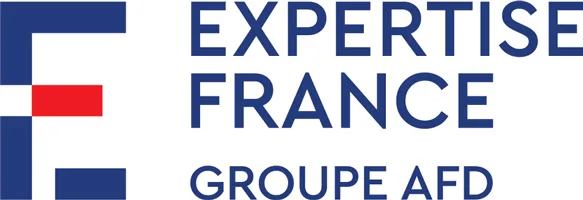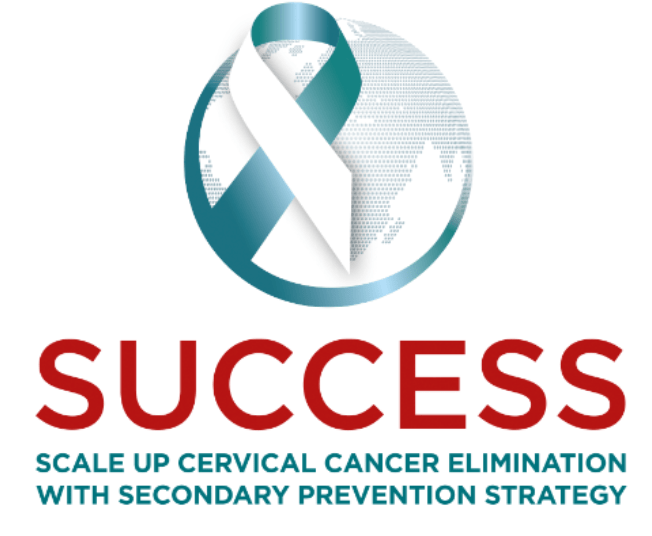To address the problem of access to sexual and reproductive health and rights services for women and girls, Médecins du Monde is engaged in advocacy at the national level and is working in San Pedro, Méagui and Abidjan in partnership with the local authorities and civil society.
In 2024, we helped to develop a community papillomavirus (HPV) testing scheme, involving testing at home rather than at health centres. Women are also offered the option of self-sampling instead of having a sample taken by a healthcare professional, enabling them to take charge of their own health. In total, 10,138 home visits were made and 8,344 women were tested in Abidjan and San Pedro.
In addition, 87 community health workers, 12 peer educators and 25 community leaders were trained. Four healthcare facilities were refurbished and equipped and mobile clinics were organised in the health areas to take healthcare into the communities.
